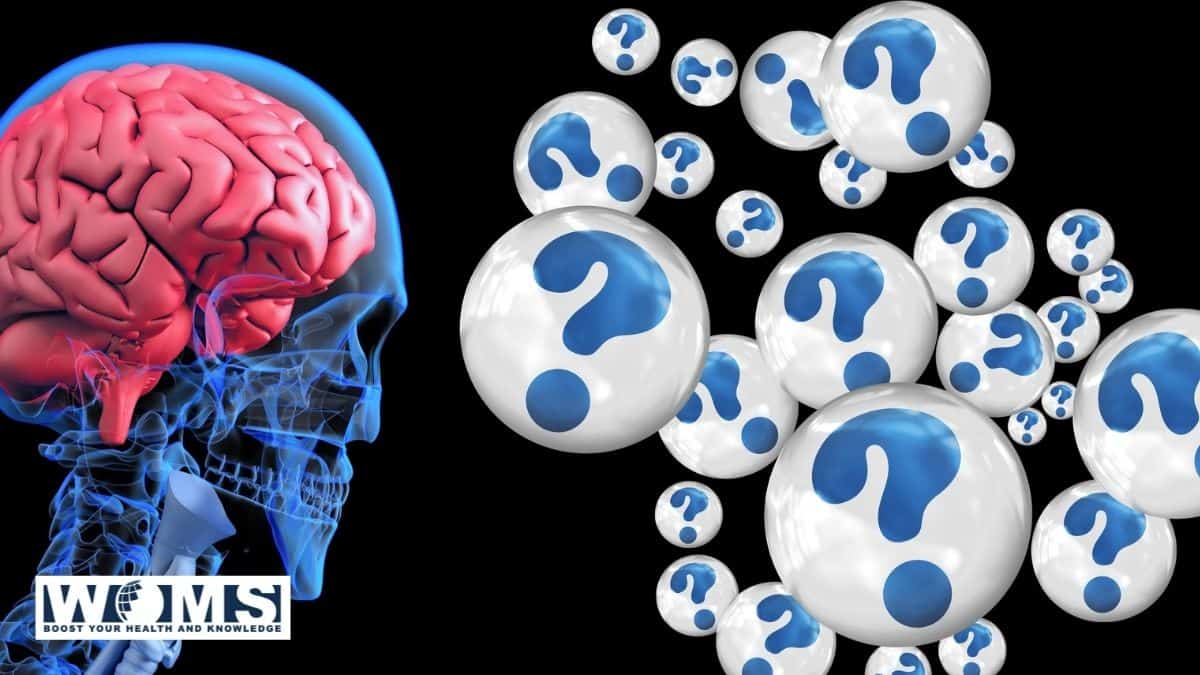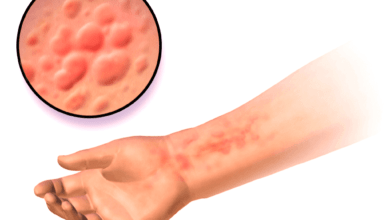How Is Dementia Fatal- And Why?

There has been a crucial surge in the death rate due to dementia, which is alarming. Dementia causes brain degradation and impairment. You will find different types of dementia which can affect us during different stages of life. There is no specific cause of dementia, but it develops through time and impacts our cognitive functioning. Without proper care, dementia can cause serious risks to the patient, leading to death.
What is Dementia?
Dementia is a condition where our brain gets affected. If someone has dementia, he will gradually lose his memory, some changes in his behavior will appear, his cognitive functioning will get impaired, and he will lose mental, emotional, and physical control.
The signs of dementia are very hard to detect at an early stage. Occasional memory loss and forgetfulness are two common symptoms. But these signs progress with time. Total memory loss, inability to perform daily activities, and abnormal aggression may occur at later stages.
Can Dementia be fatal?
Dementia can actually be fatal if it remains unattended. Gradually, its effects increase and damage our brain cells. The death of brain cells influences the life of an individual. The patient lives a poor quality of life, and his body starts to decay. Here, some fatal effects of dementia are mentioned;
Co-existing issues
All the underlying conditions that come with dementia can be fatal. Patients with dementia become vulnerable to other medical conditions, and things get worse with time. People with heart disease or other issues have lesser chances of surviving dementia than a completely fit person.
If you have osteoarthritis, you will feel the symptoms more intensely because your bones are already weak. Patients who are already suffering from any mental issues can be greatly affected by dementia. Thus, co-existing medical issues can cause premature death or loss of health.
Brain cell damages
Dementia weakens our brain cells and eventually kills them. When the protein in our brain cells gets destroyed, we fail to lead an active life. As our brain dies gradually, we fail to perform some basic tasks like eating, thinking, traveling, etc. A body without a working brain is bound to die.
Thus, dementia becomes fatal. All these may sound bleak, but it is the reality, and everyone must accept these and make the most of them. If you want to prevent such conditions, you can check Your Dementia Therapist and take the necessary steps.
Accidents
Dementia will impair your reasoning and thinking ability, and this is common for every stage. As a result, dementia patients are always at a risk of facing accidents. Leaving the stove on is very common for a dementia patient, leading to major fire accidents. Accidents can also occur during their daily activities, like sudden slips and falls resulting in broken bones and fractures.
The patient can also use house appliances improperly, which can cause disaster. That is why patients with dementia should never be left alone.
Choking
At the later stages of dementia, the patients forget how to drink water or swallow their food. This results in choking and eventual death. Death by choking on food is very common among dementia patients.
Dementia patients also develop a disease named aspiration pneumonia. In this case, some food particles enter their lunges and, over time, cause infection. Eventually, the lungs become full of fluids, and the patient fails to breathe. This causes a painful death.
Infection
Most dementia patients suffer from Urinary Tract infections, bedsores, skin infections, and lung infections. The poor quality of life triggers all these issues. Due to so many health issues, their condition deteriorates faster, and the disease becomes fatal.
Unsanitary condition of living
A dementia patient cannot take care of himself and needs constant help to perform every task. As a result, their lifestyle becomes unsanitary. Sometimes their wounds remain unaddressed, which causes blood infection.
Moreover, they suffer from skin diseases caused by unchecked pests or molds in the house. As the patient lacks the awareness of self-cleaning, he stays in that condition which causes death.
Conclusion
Thus, all forms of dementia can be fatal. Our mind and body fail to cope with the damages caused by dementia. Though there is no specific lifespan of a dementia patient, they can survive for years after early detection. Dementia is a slow disease, so it takes time before the final blow. Some patients only survive a year or two, while others lead a semi-normal life, maybe, for the next ten years.
Thus, it depends on your health condition, medical history, and quality of care. Though there is no cure for dementia, proper medical care can help you slow down the process. Now, numerous healthcare centers are offering constant support to dementia patients. So, hire the best caretaker and give them a comfortable environment.




